It is not sufficient to see and to know the beauty of a work. We must feel and be affected by it
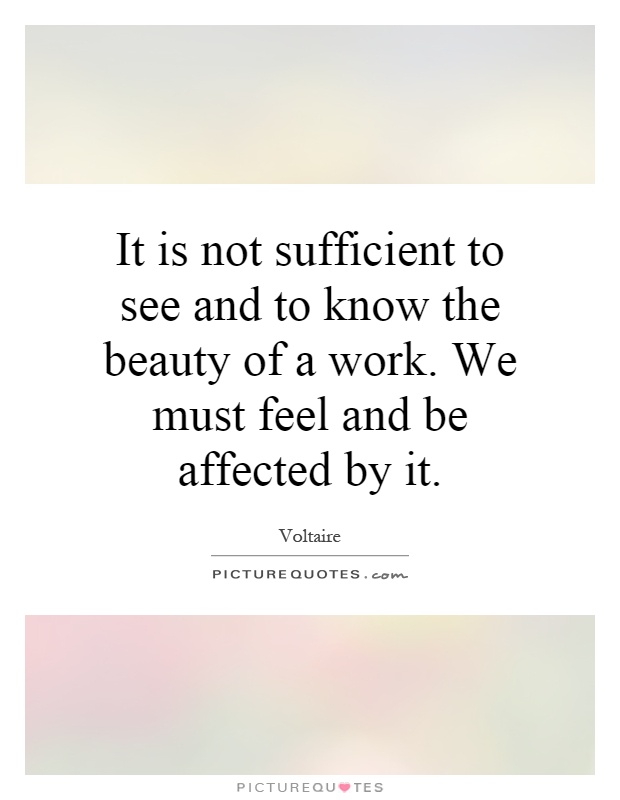
It is not sufficient to see and to know the beauty of a work. We must feel and be affected by it
Voltaire, the renowned French philosopher and writer of the Enlightenment era, believed that true appreciation of art and beauty goes beyond mere observation and understanding. In his view, it is not enough to simply see and know the beauty of a work; one must also feel and be affected by it in order to truly appreciate its value and significance.For Voltaire, art was not just a visual experience, but a deeply emotional and intellectual one. He believed that art had the power to evoke strong emotions, provoke thought, and inspire change. In his writings, Voltaire often emphasized the importance of engaging with art on a personal and emotional level, rather than simply admiring it from a distance.
One of the key themes in Voltaire's work is the idea of using art as a tool for social and political change. He believed that art had the power to challenge established norms and beliefs, and to inspire people to think critically about the world around them. By engaging with art on a deep emotional level, Voltaire argued, individuals could be moved to action and motivated to make a difference in society.






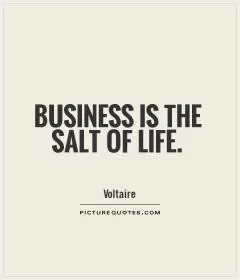
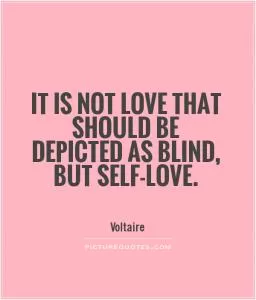
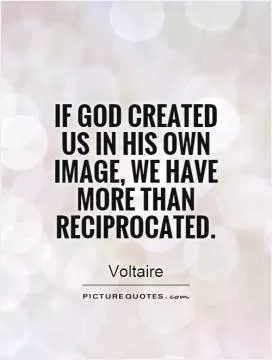
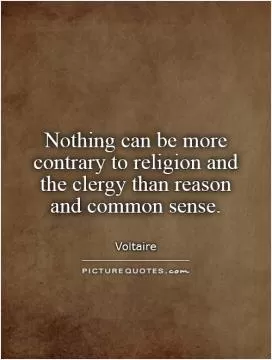


 Friendship Quotes
Friendship Quotes Love Quotes
Love Quotes Life Quotes
Life Quotes Funny Quotes
Funny Quotes Motivational Quotes
Motivational Quotes Inspirational Quotes
Inspirational Quotes